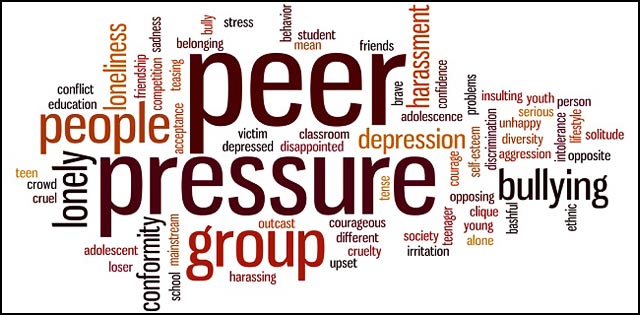Everyone wants to feel accepted or try to fit in society, practicing ways society likes it and accepts. Be it, children, teenagers or adults, everyone is in some way or other influenced by their friends and the social circle they live in. It has been coined as Peer Pressure, which is most prevalent and commonly found among teenagers these days. You might be shocked to see your child suddenly turn out violent and in rage. Can this be signs of peer pressure? Is peer pressure a bad influence? All these questions might pop up in your head.
Emerging research and studies indicates that social acceptance by peers activates stronger positive emotions during adolescence than it does in adulthood, which may be one reason youth get so intense to fit in. Moreover, teens, are more likely to ignore risks in favor of rewards when making a decision. As teens always desire to have quick results and mostly tend to think emotionally then practically.
Undeniable Effects of Peer Pressure
Peer pressure is a bad influence most of the time as teenagers prefer doing things which they don’t generally prefer practicing such as smoking, drinking, hitting, and more.
1. A Declining Slope Of Self-Confidence
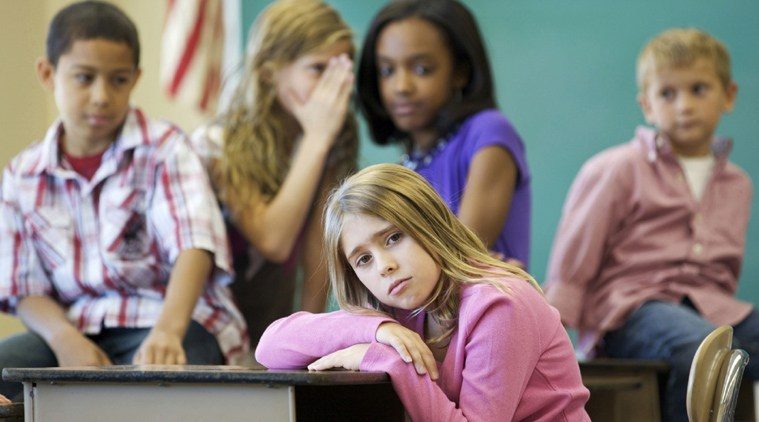
Peer pressure can reduce normal levels of self-confident teens and make someone feel bad about themselves who is not sure about themselves and has low self-esteem. Reduced self-esteem and a lack of confidence in turn will impact a teen’s general well-being.
2. Its Impacts Can Be Seen In Academic Performances
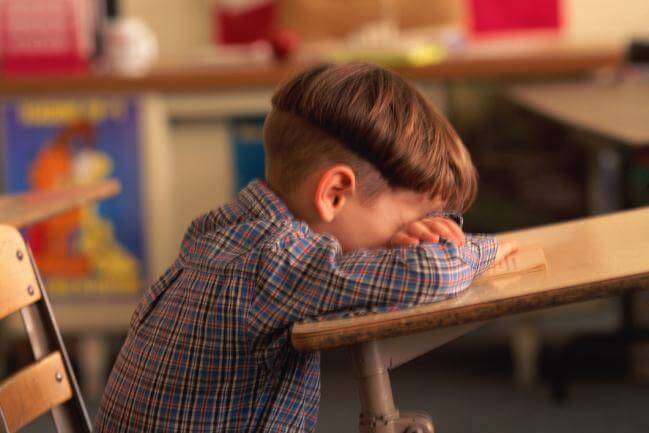
Read Also: 5 Most Interesting Indoor Activities For Teenagers
For teenagers, it is important they get recognized by their peer group. This means that their peer group’s approval is placed above that of their parents and teachers. This has a direct effect on their academics. Sometimes despite being capable of performing well, they choose not to because among their peers it makes them look uncool.
3. Are Prone to Dangerous Habits
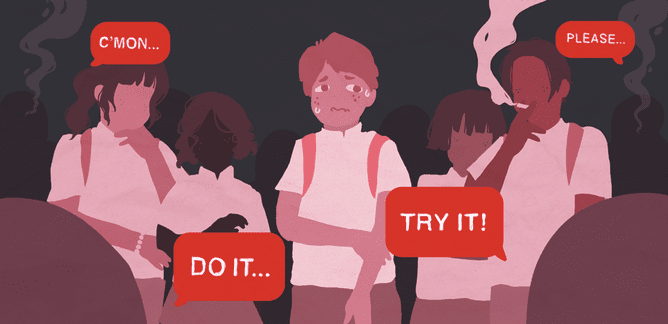
The more life-threatening forms of peer pressure propagate bad habits such as alcohol consumption, smoking, drug abuse. Mostly, teenagers know that these are not good habits to adopt but they excuse it with confidence and are also motivated by the need to feel accepted. At this point in time, they don’t focus or pay attention to the long-term results of these habits.
4. Peer Pressure Distances Them From Family And Good Friends
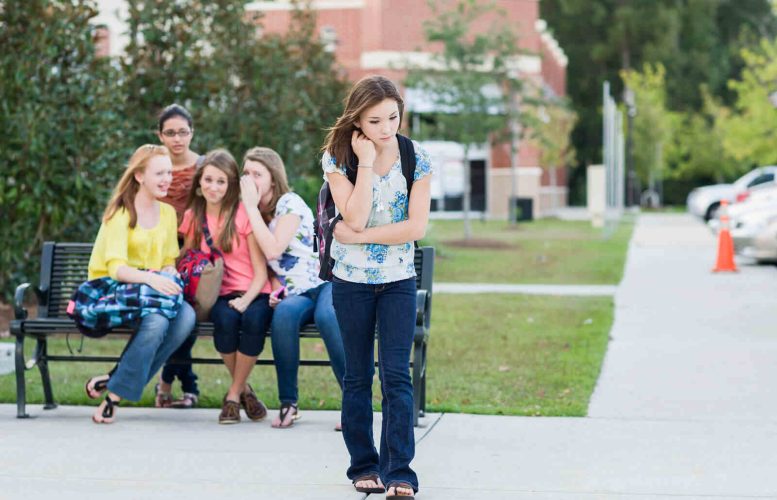
Teenagers think that nobody understands them and that the whole world is against them. However, almost in all the cases, influence of peer pressure is such that it draws teens completely away from their family and type of friends who may inculcate good habits in them. They shut themselves off from the world and love the bad company.
5. May Engage In Self-Harm And Take Suicidal Actions

Sometimes the impact of peer pressure on teens is so bad that they can hardly stand to be in their own soul and are distanced from family because of which they become depressed and anxious. In such cases, teenagers could try to self-harm or even think of committing suicide and engage in suicidal thoughts and even may, at last, take such actions.
How Could Parents Help Their Children?
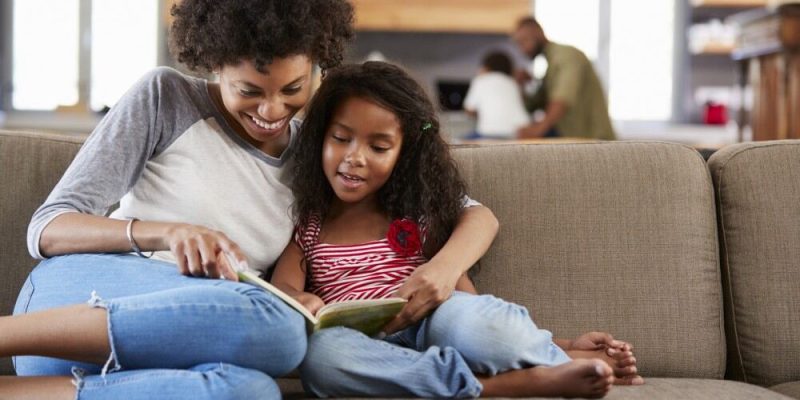
Parents even though abused and insulted by their children, always want the best for them. And with changing times, getting strict with children may only worsen the situation. In such situations where teens are not themselves in their senses, they require proper guidance and help to overcome this state of depression, pressure and anxieties.
1. You can build your teens confidence by being a role model yourself and encouraging them to try new things that give them a chance of success and to keep trying even when things are hard.
2. Always stay connected to your child. This can help teens feel more comfortable as teens feel doubtful to do something if they are uncomfortable with.
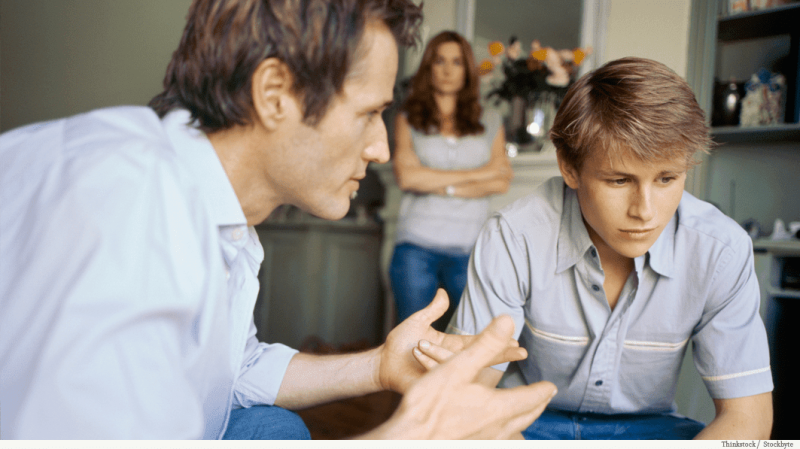
3. Your child might need to have some dignified as well as confident ways to say no if teens are feeling influenced to do something which they don’t want to do.
4. If your child calls out for you, it’s important to focus on your child’s positive choice to ask you for help, rather than on the dangerous situation your child is in. Your child is more likely to ask for help if he/she knows he/she won’t get into trouble and only you are the best one to reach out to.

